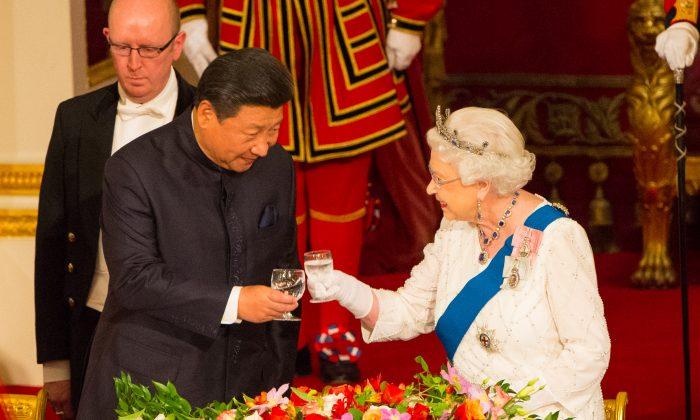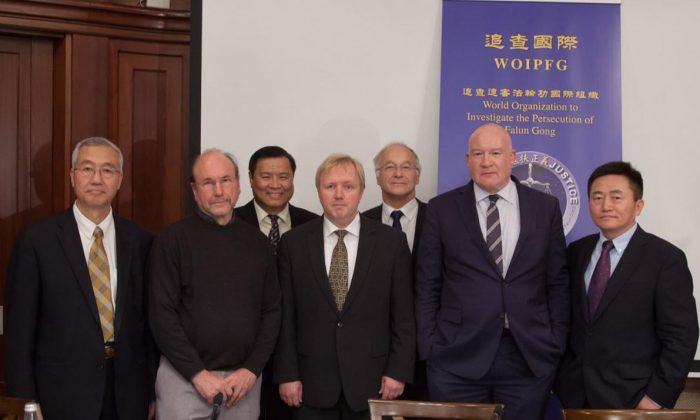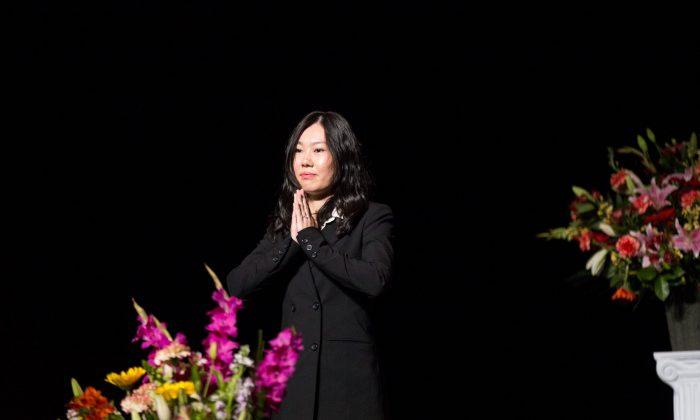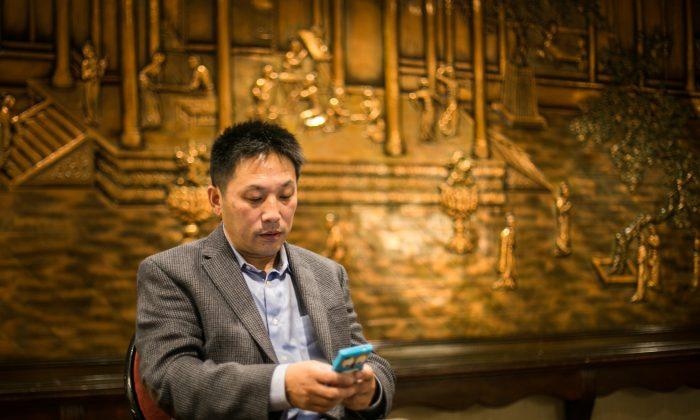Media in the United Kingdom—in particular London’s gossipy tabloids—appeared to enjoy the fracas that resulted after private remarks made by Queen Elizabeth II about a Chinese delegation were picked up by her cameraman and broadcast around the world recently.
The Queen was on April 10 speaking with Commander Lucy D'Orsi, a member of the UK police force responsible for security during the visit of Xi Jinping last October, and can be heard commiserating with her about the behavior of the Chinese officials responsible for security.
D'Orsi explained how Chinese officials had walked out during a meeting about the security arrangements for Xi’s visit. “They were very rude to the ambassador,” the Queen said. “Extraordinary,” she added, in response to another remark.
Now Global Times, a popular Chinese tabloid has taken issue with what it says is the lack of seriousness with which the matter has been treated in the press. Global Times is well known for its studied, sanctimonious tone.
“Western media take great pleasure in reporting irrelevant news,” it said. “And the English royal family is the most constant target of the UK press, often having its pigtail yanked.”
Global Times said that it was very likely that the English were not the only ones making fun. “No doubt Chinese officials also privately ridiculed the UK bureaucrats.” The paper also recited criticism of the Queen by Chinese internet users, who called her “Empress Cixi Dowager,” a Qing dynasty matriarch with a reputation for imperiousness.
“There are still some hippies in England, and the English media are so infatuated with gossipy news that they try to make everything have some funny flavor,” the newspaper said. Exactly what it meant with the hippy reference was unclear.
But the kerfuffle would absolutely not impact the “golden age” between the two nations, Global Times said, which is “forged on the basis of deep material benefits.”
This is likely referring to the recent series of trade agreements between the United Kingdom and China, along with what has been called the obsequious stance taken by Prime Minister David Cameron toward human rights abuses in China.
According to The Global Times, it’s because “the tall tree attracts the wind” — that is, given that China is now a global power, enemies are coming out to criticize it. “But the Chinese people will retain their imperturbable calm, and their ears will become hardened to the noises.”
Ultimately, the Global Times says, the “gossip craze” set off by the incident was an example of the Western media again “baring fangs and brandishing claws” toward China and demonstrating its narcissism. “It seems that some unrefined ‘barbarism’ has remained” in the West, it said.
Some Chinese internet users were supportive of the Global Times stance. “True words were spoken,” one user from Jilin said. Others lamented at China’s own decline in civility.
A user from Chengdu, Sichuan, wrote: “China was indeed a society of etiquette. But after going through the Cultural Revolution and other political campaigns, the revered traditions of our forebears have all been forgotten!”
A user from Guangxi said “They put it quite well!” in apparent reference to the Queen’s remarks. “Many Chinese people don’t have any understanding of etiquette—even less so those rude, coarse officials.”





